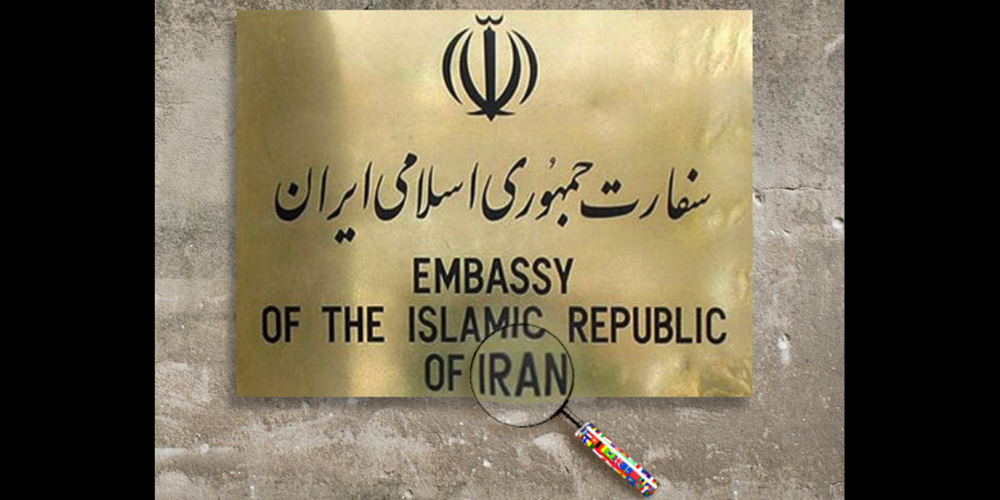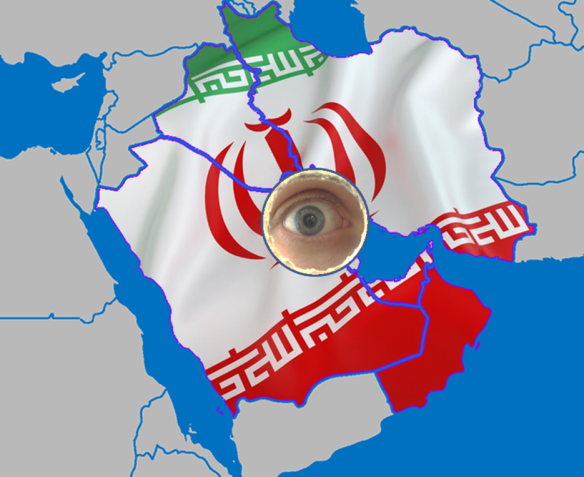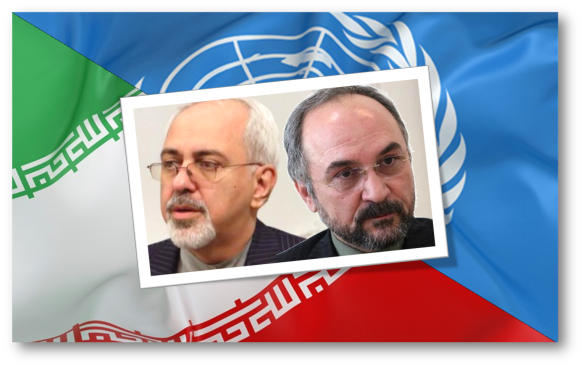Updated from November 4th: “A Bahraini court sentenced four Shi’ite Muslims to life and six others to 15 years in jail on charges of setting up a militant cell linked to Iran’s Revolutionary Guard that aimed at assassinating public figures in the Gulf Arab kingdom”.
Iran and the Gulf States
It’s no secret that Iran is not only reaching out to the West (a la the recent NYC visit by Hassan Rouhani); it wants to revive and cement friendships closer to home. The big difference between Iran’s efforts in Middle East countries is that they are usually home to large populations of Iranians, Shia worshippers, Iranian investors and/or Iranian diplomats.
The Gulf States are a definite focal point for Tehran.
Two states are currently on particularly good terms with Iran. Oman, which has supported Tehran since the Islamic revolution, is especially key these days: Muscat reportedly served as intermediator in thawing relations between Washington-Tehran, which so far has led to a Rouhani-Obama telephone conversation and a brief bilateral between Zarif-Kerry)). In addition, Qatar has renewed its support since the ascent of Crown Prince Hamad Al Thani – an avid supporter of the Muslim Brotherhood and of Assad.
In comparison, relations with the UAE have traditionally been tense. This state of affairs stems both from Abu Dhabi’s strong opposition to Iran’s nuclear program, as well as territorial disputes which keep on flaring up keeping diplomatic relations between Tehran and Abu Dhabi on edge. That leaves Saudi Arabia, Kuwait and Bahrain – states which all suffer from different levels of shadowy diplomacy and subversion by Iran.
Iranian Spy Ring in Saudi Arabia
In March 2013, Saudi Arabia uncovered an intricate Iranian spy ring working in the country. At first 18 people were arrested and by May, that number had risen to 28 – mostly Saudis but including Iranians and Lebanese nationals.
This spy ring’s mission was to pass on vital information about Saudi Arabia’s strategic military installations as well as information of US installations in the region.
But that isn’t all: Rhiyad further accused Iran of trying to create unrest within the Shiite population in Saudi Arabia as part of an “undeclared war” between the two countries.
Tehran, of course, denied any involvement and called the accusations baseless and blasted back accusations at Saudi Arabia. Iranian diplomats have yet to be connected with this spy ring but Saudi officials are not ruling this possibility out.
An Earlier Spy Ring in Kuwait
Back in 2010, an Iranian spy ring managed by the Iranian Revolutionary Guard Corps (IRGC) in Kuwait was busted. The spy ring (four Iranians, one Kuwaiti, one Syrian – and one Dominican!) and linked to Iranian diplomats – was charged with photographing military bases and planning to carry out terrorist activities, such as blowing up pipelines.
Iran, again, denied the allegations which the foreign minister at the time, Ali Akbar Salehi dismissed as a “conspiracy against Muslim countries” blaming “malevolent (forces) who do not desire good relations between the two countries“.
Kuwait expelled three Iranian diplomats and an embassy employee and the spy ring members were sentenced by a Kuwaiti court to death – later reduced to life sentences.
Bahrain later expelled two top Iranian diplomats for their involvement in the Iranian spy ring in Kuwait, which caused another round of accusations and denials.
It appears, then, that Iran’s exploitation of diplomacy to advance strategic objectives is not relegated to Asia , Latin America, Europe , Africa and the Caucasus. Surprise, surprise
And while Iranian President Rouhani has wasted no time reaching out to Saudi Arabia, particularly, it remains to be seen whether Tehran’s shadow apparatus will follow suit vis-a-vis Riyadh and the Gulf states in general.




